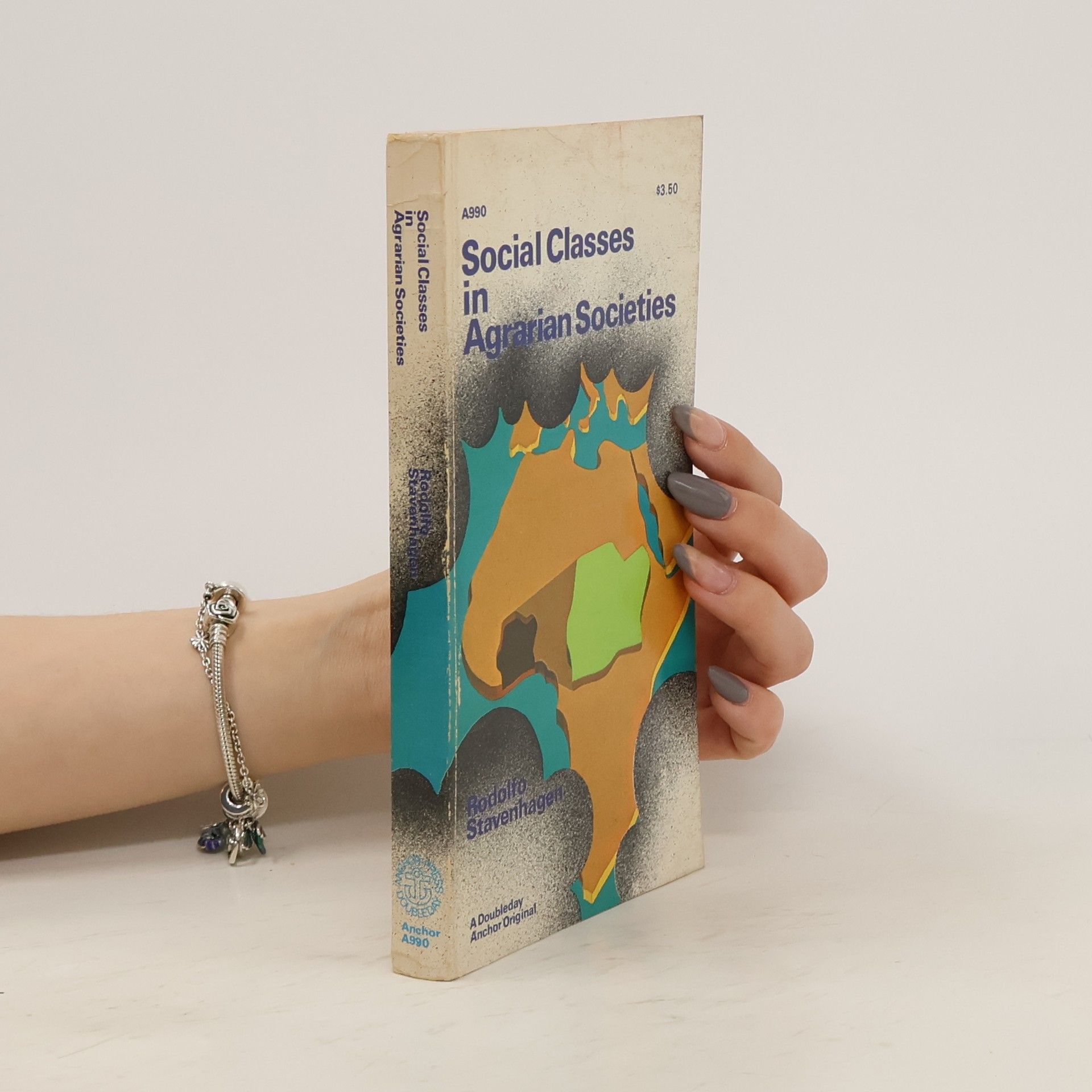Social Classes in Agrarian Societies
- 294bladzijden
- 11 uur lezen
Monograph on social class and social stratification among rural populations of developing countries - includes case studies illustrating the impact of underdevelopment on agrarian societies in Guatemala and the cote d'ivoire. References.
